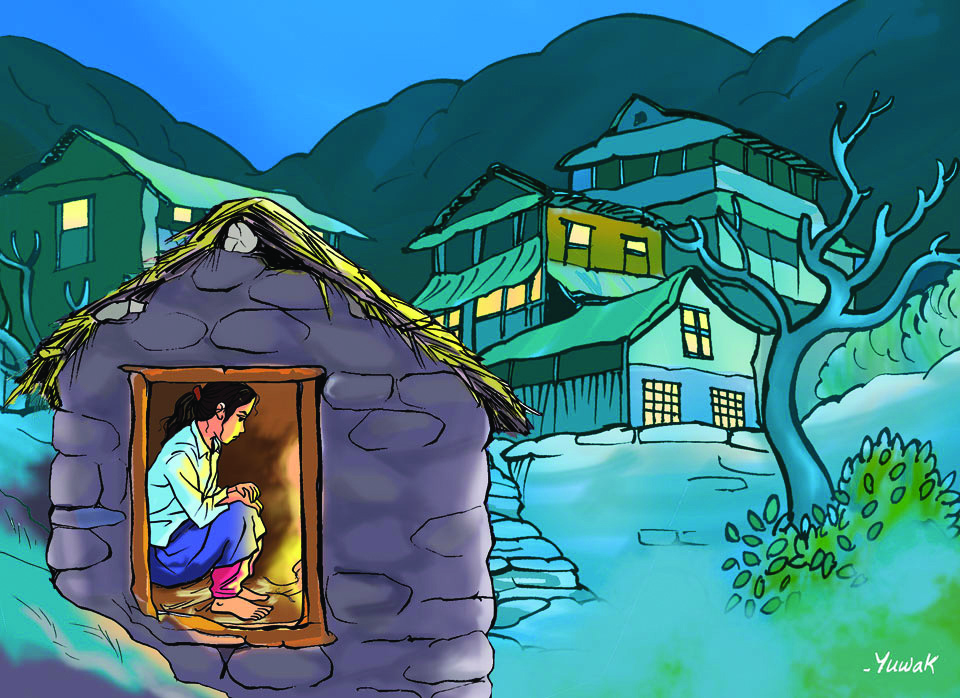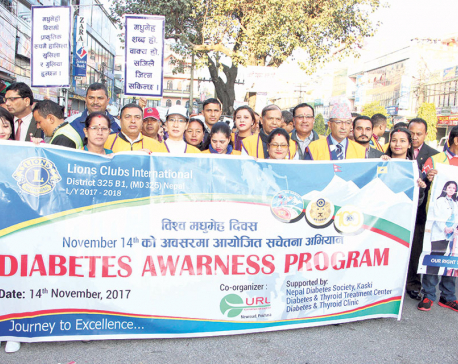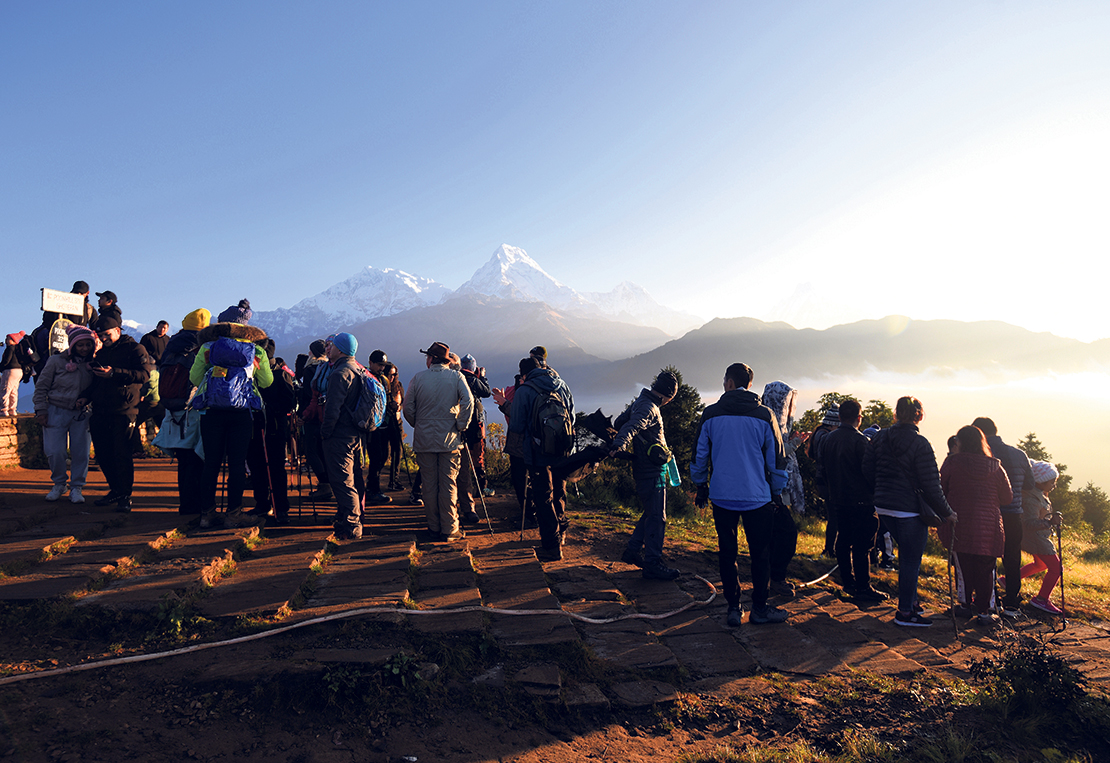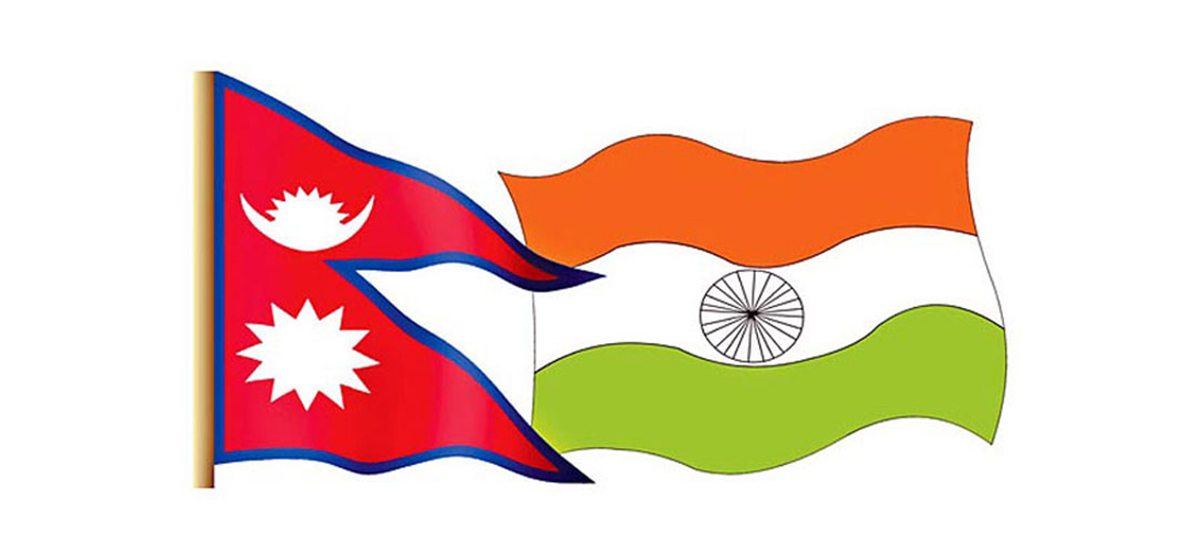
OR

Women in Nepal are advancing careers, breaking boundaries and fighting so many intrinsic social evils. But what do we lack so much to stop Chhaupadi?
Few weeks ago, all of us woke up with yet another recurrent news: the gang rape of yet another woman. This time in a Chhaupadi, or a menstrual hut. What was your first reaction after reading this news? Didn’t it cringe your stomach? Didn’t it give you goosebumps? Didn’t it make you sad, helpless, and anxious? This is not the first time that someone has died in the Chhaugoth. The death from Chhaupadi has been frequent. This is a crisis! It is time to save our girls.
The banishment of women during their menstrual period has many levels. In most of the areas it is inside the house, but some are more severe than the others. We are familiar with those places where menstruating girls and women have to spend four to five days of their menstruation away from home in “goth” or “shed” while being deprived of their basic human rights. As unhygienic and brutal as this sounds, it crosses the limit of extremity when these girls and women are raped, killed, or just die due to the animal attack. And menstruation is not a crime. It is a natural process.
There is so much we can do other than have an affective and emotional reaction of rage at these kinds of situation where we feel helpless. As I am writing this, I am thinking about hundreds of women who are menstruating and are serving their days in the banished hut, trying to save their precious lives from humans and animals both. I am thinking of those four to five days of physical, mental, emotional, social pressure along with hormonal changes and the flowing blood, and the mental pressure and insecurity of losing life or being raped.
Rape and death in Chhaugoths are recurrent crime news. Suffering of women behind this criminalized tradition is something beyond imagination. As much as affective and visceral reaction we have due to these events, the families and the communities are seen mostly silent even though it is clear that this is inhuman and unlawful as declared by the government and as promoted by the non-governmental agencies and other stakeholders. But menstrual huts still exist, the tradition still exists.
Bodies, culture and politics
This tradition for banishing menstruating women to stay in the menstrual huts has been in existence for decades or may be centuries. The most tragic part of this tradition affects many growing teenage girls and women resulting in extreme cases of death or rape. The government of Nepal declared Chhaupadi a crime twice—in 2005 and 2017. According to a UN report in 2011, within the district of Achham, 95 percent of women were practicing this tradition. There might have been some significant changes in the percentage since the report is old, but still once in a while we get news about the death of a woman during Chhaupadi. A blog-post by UN-Women in Nepal in April, 2017 states how their partner organization has worked really hard to abolish Chhaupadi in four of the districts. Three months after the publication of that blog-post, a 19-year-old teenager died in Dailekh district. CNN reported that “a recent government survey showed that Dailekh district—with 49,000 plus households—has more than 500 menstrual huts.” There has been work against this tradition, but it is not enough. Those 500 menstrual huts should be brought down. But how?
Not to anyone’s surprise, if you google Chhaupadi the overwhelming list of sources and information that comes will surprise you. There are a lot of research-based academic journal articles, many organizational reports, many news articles, opinion pieces, some videos, and many documentations of what is Chhaupadi, what should be done to stop it, and what are the impacts of the programs against Chhaupadi and so on. There is so much literature about Chhaupadi and there are many efforts being made to bring this culture to an end. But the culture is so deeply rooted in belief about the bodies of women and how they should function. The community doesn’t stop this practice. The banishment of women during their menstrual period still exists, the huts exist and the tradition prevails.
While women in Nepal are advancing careers, breaking boundaries, and fighting so many intrinsic social evils, what do we lack so much to stop Chhaupadi? When is the right time to stop this? What particular kairotic moment are we waiting for to bring this tradition to a complete stop?
We all know that the government has passed the law against it. We all know it is inhumane. We know it is injustice toward the girls and women. And we know it is also one of the social evils. And women either die due to animal attacks or may suffer from poor hygiene or dreadfully even raped. But who cares?
#SaveOurGirls
As, I write this, I think about the people who have been practicing Chhaupadi tradition for a very long time. It is part of their life, their daily life. This is why all the governmental, non-governmental, communal, media-related actions and laws are not working. It is the time to change the rhetoric against Chhaupadi and the rhetoric of the women bodies. Cultural politics should be ended and we need to save our girls.
For ending this tradition, the people who are in charge of this tradition are needed to be brought together for a larger discussion. There needs to be an interdisciplinary and participatory community action to be proposed to the community by the members of the community themselves. Priests, doctors, teachers, engineers, politicians, community health volunteers, all should come together to address this issue by making community at the center, their decisions at the center, and allowing them to end this by themselves. All these people should be brought together with a networked communication. It is because if they don’t solve it, the huts will remain for long and we will lose many lives in the future.
Dismantling religious and cultural boundaries are very kairotic. They need to happen in the right moment and years of introspection and understanding yet waiting for the right moment and choosing to act at the right moment. But from a multidisciplinary network of people, this is possible. It is time to act and react. It is time to bring this tradition to an end via rhetorical measures and networked communication. If the God and culture mostly established by men becomes a death sentence to these innocent girls and women, then isn’t it time to stop? We all need to gear up to persuade this community to stop this crime. We all need to join hands to #SaveOurGirls.
The author is a PhD Student of Rhetoric and Composition at Purdue University, USA and is a member of #RageAgainstRape that is advocating against ongoing rape and gender-based violence in Nepal
You May Like This

Save your health to save your wealth
Diabetes is a metabolic disorder which affects other organs of the patients resulting in terminal diseases like heart attack, failure... Read More...

Our moral obligation to save Dr KC’s life
KATHMANDU, Dec 1: Today is the 18th day of Dr. KC’s hunger strike, longer than any of the last nine.... Read More...

Our future hinges on supporting 10-year-old girls: UNFPA
KATHMANDU, Oct 21: Nine out of 10 ten-year-old girls live in developing countries while one in five lives in Least... Read More...





Just In
- Godepani welcomes over 31,000 foreign tourists in a year
- Private sector leads hydropower generation over government
- Weather expected to be mainly fair in most parts of the country today
- 120 snow leopards found in Dolpa, survey result reveals
- India funds a school building construction in Darchula
- Exploring opportunities and Challenges of Increasing Online Transactions in Nepal
- Lack of investment-friendly laws raises concerns as Investment Summit approaches
- 550,000 people acquire work permits till April of current fiscal year














Leave A Comment